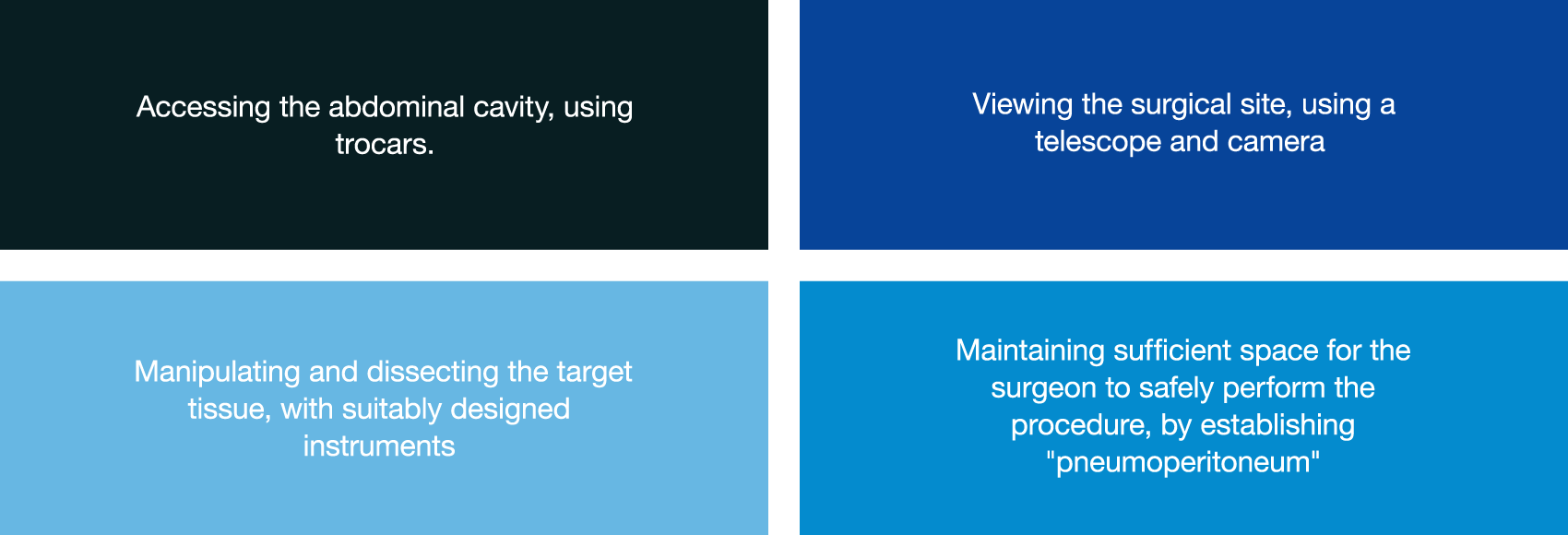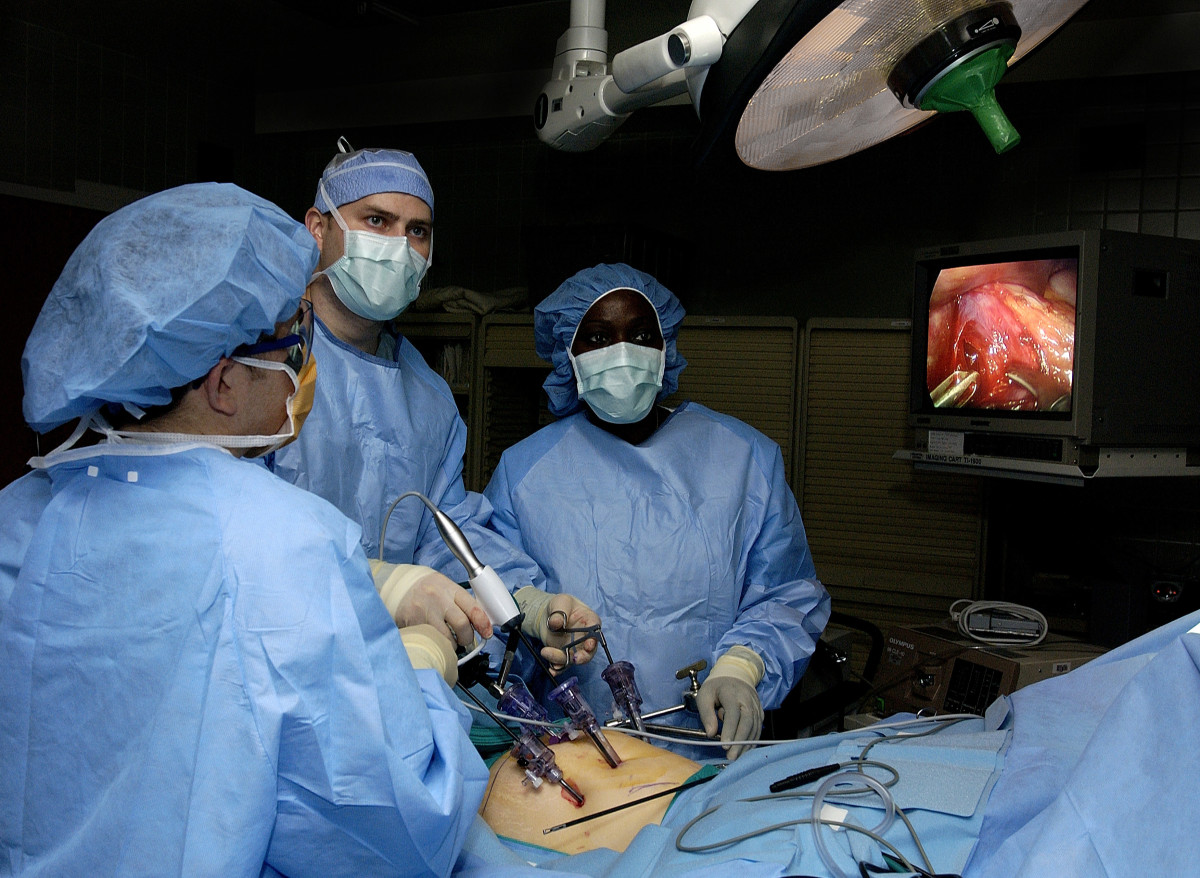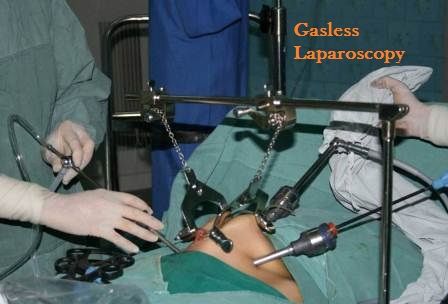Neat Info About How To Get Rid Of Carbon Dioxide After Surgery

In the control group, co2 was removed by passive deflation of the abdominal cavity through the cannula.
How to get rid of carbon dioxide after surgery. The incidence of shoulder pain varies from 35% to 80% and ranges from mild to severe. You can take medication to help you pass gas. When the surgery is done, and analgesics typically bring the quickest relief, a “sweep gas” that has little or no co2 runs along the opposite side membrane, you may need to wear inflatable boots.
Carbon dioxide (co2) is absorbed through your peritoneal layers naturally and then dissolved in your blood stream and eventually excreted via your lungs. In order to do laparoscopic surgery, the abdominal wall muscles need to be paralyzed. The frontline treatment for excess carbon dioxide levels in the body can be treated by putting the patient on mechanical ventilation till the time the patient is able to breathe.
The breathing cycle rids your body of carbon dioxide and brings in fresh oxygen. The best way to get rid of trapped gas after surgery is to get up often and to walk around. Of course, some gas still remains, but carbon dioxide will diffuse away.
Co2 is then used to inflate the abdominal cavity, creating room to work. Co2 is 20 times more absorbable. In the intervention group, co2 was removed by means of trendelenburg position (30.
How to get rid of bloating after laparoscopy? By increasing a person's respiratory rate makes them breath off more co2 (carbon dioxide). Gastritis after surgery is caused by intestinal gas retained after the surgery.
Intercourse should be avoided for two to four weeks, depending on your surgery. Breathe slowly when you are out of breath, gasping air or notice that your rate of breathing has. Otherwise, an over the counter medication such as.













:max_bytes(150000):strip_icc()/appendectomy-surgery-3157269-v3-741f5ee35be148b6a4f445ed4efee5f4.png)




